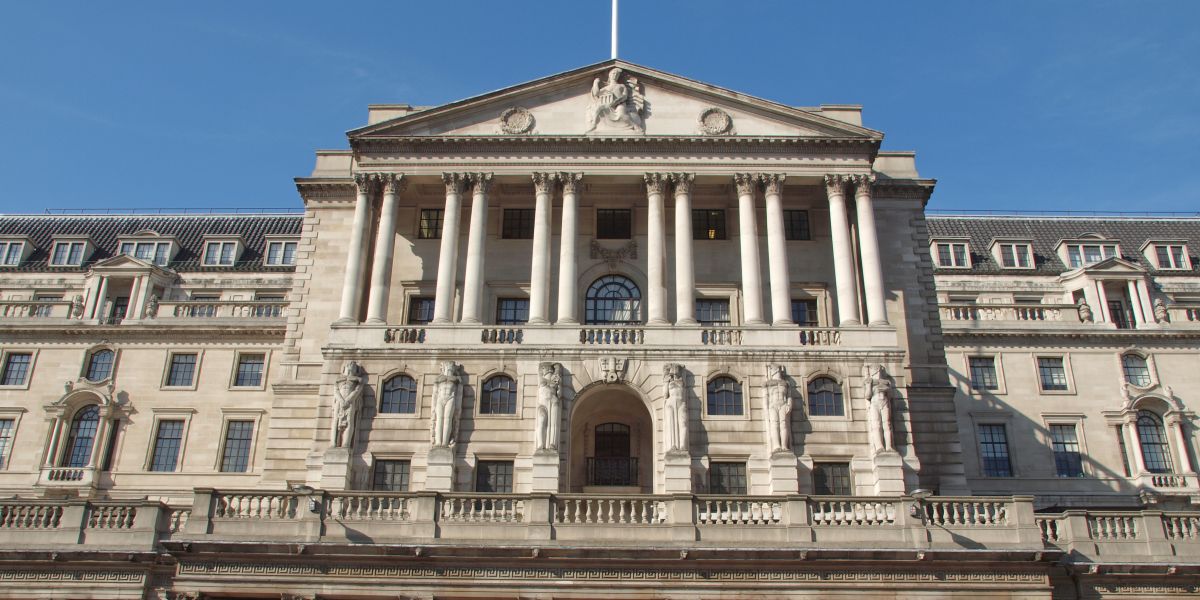
The Bank of England has cut interest rates at the monthly meeting of the Monetary Policy Committee (MPC), from 0.5% to 0.25%. This is the first change in interest rates since 2009.
With economic data since the referendum showing significant slowing down in the economy, many economists agreed that a cut in interest rates was necessary to help boost the economy.
The theory is that reducing the cost of borrowing will increase spending in the economy. However, as always in economics, it is rarely that simple in practice.
According to a senior analyst at AHDB, it is likely to cause further depreciation in sterling.
"This should create opportunities for exporters by making exports cheaper on world markets, but as many consumer goods and agricultural inputs are imported, these would become more expensive," said Sarah Baker, Senior Analyst at AHDB.
"This demand for imported goods is known as ‘inelastic’ i.e. it does not change much in response to a price rise.
"This means as a nation we are likely to continue to import the same amount of goods and services, but will be paying more for them, driving inflation higher.
"Inflation, currently at 0.5% has been well below the governments’ target of 2% since 2014, but the most recent forecasts show an increase to 0.8% by the end of this quarter, rising to above 2.7% by 2020.
"For farmers, they have the positive of greater opportunities to export, along with the negative of higher input costs.
"How much this will effect individual enterprises will depend very much on the balance between these two variables."
Investment during turbulent times
The economy is at "significant risk" of lack of investment during turbulent times, and a cut in interest rates alone is "unlikely" to significantly affect this, Sarah Baker said.
"Farmers may understandably be reticent to make major investment decisions until the terms of Brexit, in particular, the UK’s trading relationships with the rest of the world, along with domestic agricultural policy are much clearer.
"Underinvestment in industry leaves us at a competitive disadvantage as it directly affects productivity, making UK industry less competitive on world markets going forward.
She concluded: "While some may welcome an interest rate cut, it is mainly seen as a signal that the Bank of England is taking action to support the UK economy.
